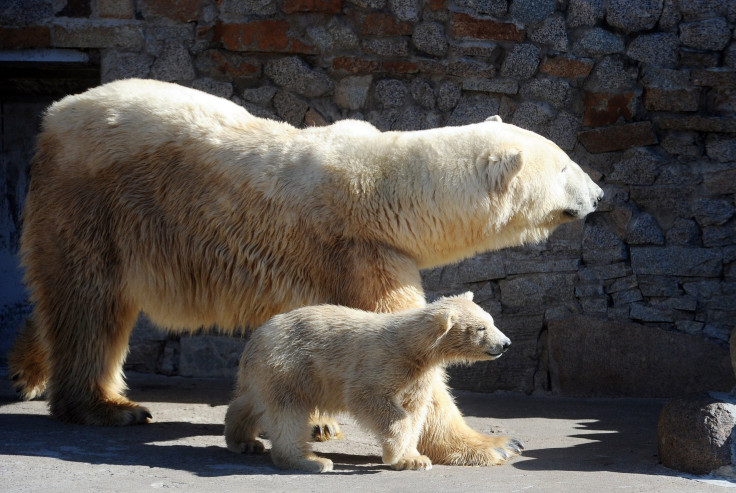Polar Bears' 'Mass Invasion' Of Russian Islands Due To 'Edible Waste': Expert
A state of emergency was declared in the Novaya Zemlya archipelago, located in the Arctic Ocean in the northern Russian Arkhangelsk region, after groups of polar bears recently invaded human settlements in the area and started attacking people, according to a press release.
On Feb. 9, the decision to declare an emergency was reached after a meeting of the commission tasked to prevent emergencies and ensure fire safety.
"The emergency situation was caused by the mass invasion of polar bears in residential areas," a statement released by the regional government said, Russian news agency TASS reported. “Residents, schools and kindergartens are submitting numerous oral and written complaints demanding to ensure safety in the settlement. The people are scared. They are frightened to leave homes and their daily routines are broken. Parents are afraid to let the children go to school or kindergarten.”
Alexander Minayev, the deputy head of Novaya Zemlya administration, said that between December and February, at least 52 polar bears were spotted near the settlement of Belushya Guba, a settlement in Novaya Zemlya district, some of which entered residential buildings and offices and attacked residents. Although most of the wild animals were no longer wandering near the settlements, around six to ten polar bears still remained in the area.
Novaya Zemlya head Zhigansha Musin said it was unusual for so many polar bears to show up near human settlements and the emergency will only be called off once the government was able to determine the area safe and secured.
"I have been in Novaya Zemlya since 1983, but there has never been so many polar bears in the vicinity. I recall that over five polar bears are in the [military] garrison chasing people and entering residential buildings. However, if a cull is banned, we will have to embark on a longer and less safe way for local residents," Musin said.

Ilya Mordvintsev, a lead researcher at the Severtsov Institute of Ecology and Evolution, Moscow, told TASS that the reason so many polar bears had appeared near human settlement was because of the easy availability of food sources detected during their seasonal migration.
"Compared to previous years, they come ashore in the southern part of the archipelago, where the ice is changing. They migrate through Novaya Zemlya heading north, where the ice is solid," Mordvintsev said. "It is migration from the south to the north. They are staying in that location [near Belushya Guba] because there is some alternative food. They could have gone past but for the food. But as there are bins with edible waste, they stop to flock."
Efforts to drive away the wild beasts, including using patrol cars and dogs, failed as the polar bears appeared not scared of those measures. This forced the government to install fences near kindergartens to ensure children’s safety and provide special vehicles which would drive military personnel and employees to workplaces.
Despite the growing threat from polar bear aggression, the country’s environmental watchdog has ruled against using firepower to bring the situation under control.
© Copyright IBTimes 2025. All rights reserved.






















